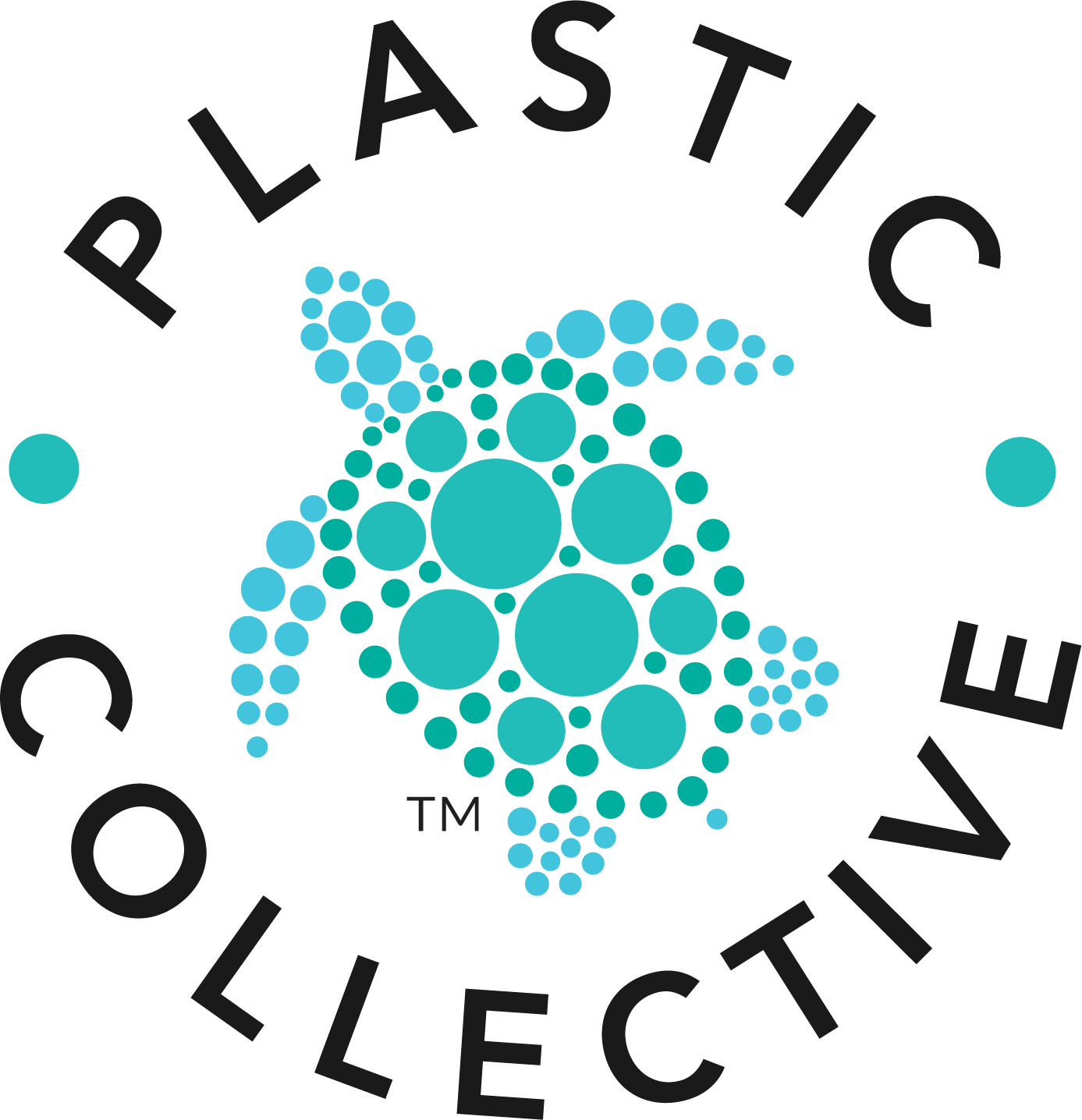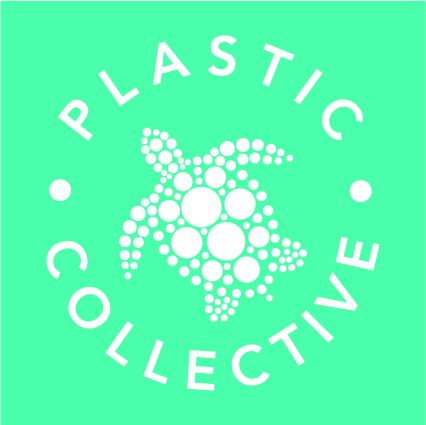What if Plastic-Free July isn’t about being plastic-free at all?
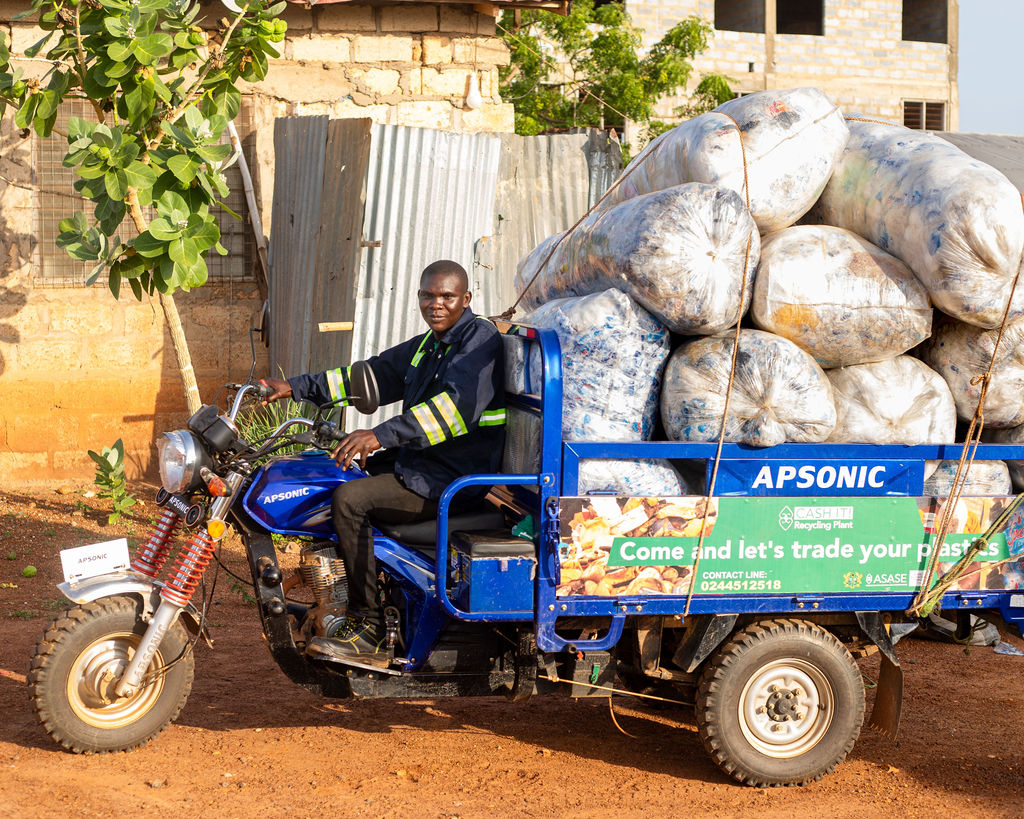
Plastic-Free July often starts with a simple challenge: refuse plastic.
But what if the real opportunity lies not in rejection but in reimagination?
At Plastic Collective, we don’t just say no to plastic. We say yes to smarter systems, inclusive solutions, and treating plastic as a resource, not a villain. Because plastic doesn’t become waste on its own. It becomes waste when systems fail to capture its value.
The plastic paradox: valuable but undervalued
Plastic is incredibly versatile. Lightweight, durable, and hygienic. In various sectors, including healthcare, agriculture, and food safety, plastic has saved lives and reduced environmental impact through its efficiency and preservation.
Yet according to a 2023 UNEP report, the world produces 430 million tonnes of plastic annually. Of which, 280 million tonnes become waste after just one use [1]. What’s even worse is that only 9% of discarded plastic is recycled. Over 22% is mismanaged, primarily through open burning and uncontrolled dumping [2].
That’s not a material flaw. That’s a system failure rooted in how we design, manage, and value plastic in society.
The knowledge gap: the real crisis behind the plastic crisis
Most people don’t know where plastic goes after use. Or who handles it. Or what it could become.
That’s the knowledge gap, and it exists across supply chains, countries, and boardrooms. When communities lack education, when governments underfund infrastructure, and when brands pursue reduction targets without addressing the system, that gap widens.
Without knowledge, we design for disposal, not recovery, and we see waste instead of opportunity.
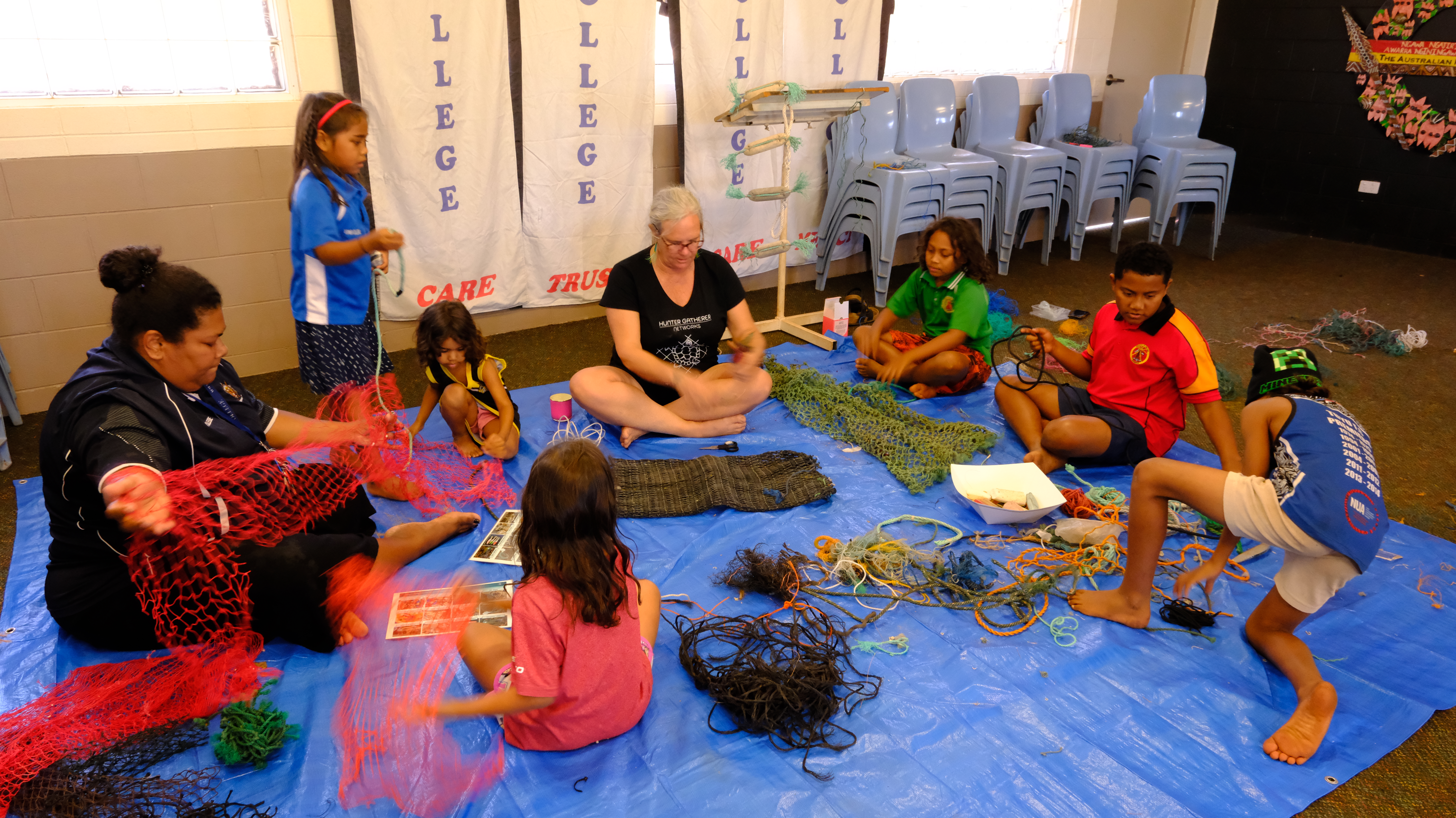
How do we close the gap?
By changing what and who we value.
At Plastic Collective, we believe that plastic doesn’t have to be the problem. In fact, it can be part of the solution. But only if we build systems that treat both the material and the people working with it with dignity.
Here’s how we help close that gap:
- Education & awareness
We conduct community-based training on plastic types, segregation, recovery value, and material science, equipping local leaders to view plastic in a new light. - Certification & traceability
We make the impact visible and credible, tracking every kilo collected, every person empowered, and every dollar earned. That traceability builds trust. - Storytelling that humanizes the system
We center the voices of those recovering plastic, showing that dignity, skill, and innovation exist in every collection effort. This reshapes perception from “waste” to worth.
Brands are shaping the future, one decision at a time
This shift is already underway. According to a Deloitte report, consumers expect brands to make sustainability integral to their business, with 61% believing they shouldn’t have to think about sustainability while shopping, and 94% saying it is a brand’s responsibility to create eco-friendly products3.
But action without transparency can backfire. This is why many forward-thinking brands are choosing certified programs that go beyond “offsets.” They opt for programs that deliver measurable, transparent, and community-led recovery.
When a brand funds a collection in a certified Plastic Collective project, they support waste workers with fair pay, invest in circular solutions, and provide communities with tools to build long-term change.
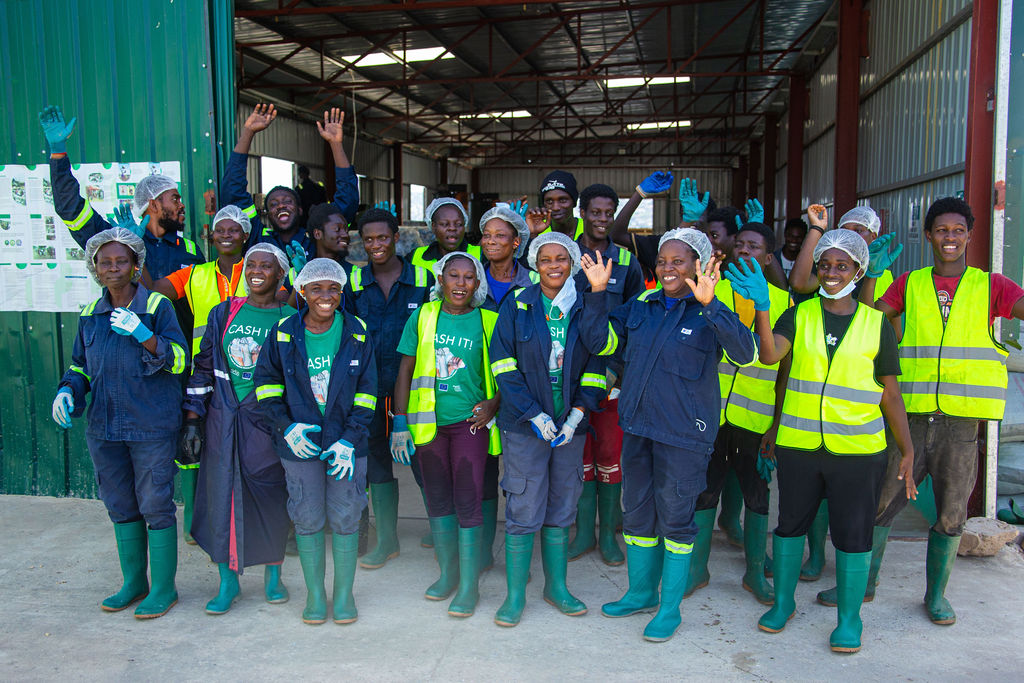
Case studies
We design systems that turn discarded plastic into opportunity through education, traceable recovery programs, and circular supply chains. Our Verra, OBP, and Social+ certified programs don’t just remove plastic from the environment. They empower collectors, build infrastructure, and enable long-term economic returns.
Take Surabaya, Indonesia, one of the world’s top plastic leakage zones. There, our SEArcular program has supported over 500 plastic collectors (50% of whom are women), introduced food-grade recycling technology, and transformed an informal dumpsite into a factory for change. Certified impact and verified results.
Or Ghana’s ASASE Foundation, where over 150 women-led collectors have formalized their work, recovering over 120 tonnes of plastic while generating income to support their families and education.
These aren’t just cleanups. They’re systems that work for the environment and the people protecting it.
The future we’re building together
This Plastic-Free July, we support reduction. But even more, we support re-education and smarter systems.
If we want real change, we need more than bans or swaps. We need:
- Circular infrastructure rooted in education
- Community-led recovery models with dignity at the center
- Certified systems that prove impact: social, environmental, economic
- A global mindset shift: from plastic-free to plastic-smart
Plastic only becomes waste when we fail to value it and the people transforming it.
Want to help close the gap?
Discover more about our certified recovery projects or contact our team to bring verified impact to your brand.
Sources:
1. UNEP, “Everything you need to know about plastic pollution”, April 25, 2023,
https://www.unep.org/news-and-stories/story/everything-you-need-know-about-plastic-pollution
2. OECD, “Plastic pollution is growing relentlessly as waste management and recycling fall short, says OECD”, February 22, 2022,
https://www.oecd.org/en/about/news/press-releases/2022/02/plastic-pollution-is-growing-relentlessly-as-waste-management-and-recycling-fall-short.html
3. Deloitte, “Creating value from sustainable products”,
https://www.deloitte.com/tw/en/Industries/consumer/research/consumer-sustainability-report.html
